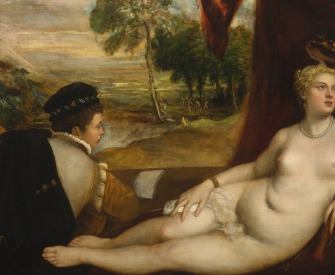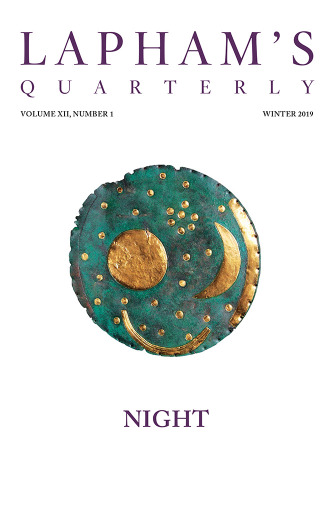It perplexes me greatly to form a conception how the gods who are invoked as superior beings are likewise commanded like inferiors; also that they require the worshipper to be just, although when entreated they themselves consent to perform unjust acts. They will not harken to the person who is invoking them if he is not pure from sexual contamination, yet they themselves do not hesitate to lead chance individuals into unlawful sexual relations.
The gods also require that interpreters of the oracles observe strict abstinence from animal substances in order that they may not be made impure by the fumes from the bodies, yet they themselves are allured most of all by the fumes of the sacrifices of animals.
It is also required that the Beholder, one initiated into the highest levels of the mysteries, must be pure from the contact of anything dead, and yet the rites employed to bring the gods hither, many of them, are made effective through dead animals.
What, then, is more preposterous than these things—that a human being, inferior in dignity, should make use of threats not to a daemon or soul of some dead person but to the Sun King himself, or to the Moon, or some one of the divine ones in the sky, himself uttering falsehood in order that they may be caused to speak the truth? For the declaration that he will assail the sky, that he will reveal to view the arcana of Isis, that he will expose to public gaze the ineffable symbol in the innermost sanctuary, that, like Typhon, he will scatter the limbs of Osiris, or do something of a similar character—what is it but an extravagant absurdity, threatening what he neither knows how nor is able to perform? What dejection of spirit does it not produce in those who, like children, destitute of intelligence, are dismayed by groundless fear and terrified by these false alarms?
From a letter. After his Syrian name—Malchus, meaning “king”—was Hellenized in Athens by his teacher of rhetoric to imply “imperial purple,” Porphyry studied with the founder of Neoplatonism, Plotinus, in Rome. He went on to write a biography of the philosopher and a commentary on Aristotle’s Categories, the introduction to which Boethius translated into Latin and which later became a standard medieval textbook. Porphyry also wrote On Abstinence, a defense of vegetarianism.
Back to Issue





